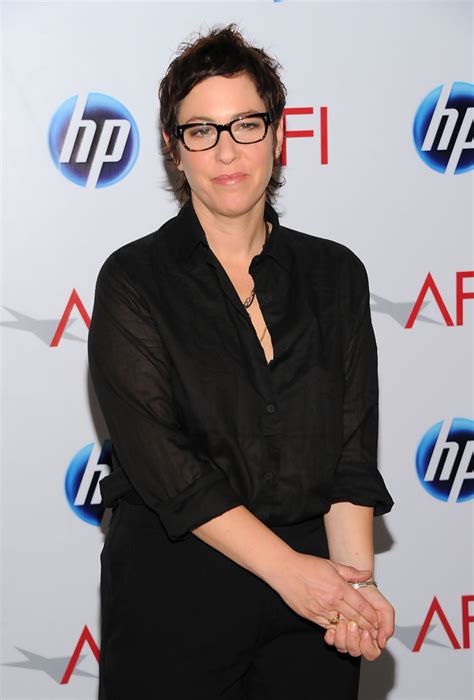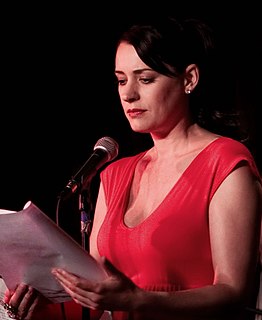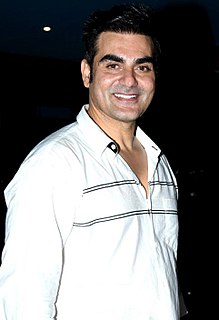A Quote by Norman Lock
My fondness for extended monologue might have been encouraged by two decades of writing stage and radio dramas.
Related Quotes
I have been a writer since 1949. I am self-taught. I have no theories about writing that might help others. When I write, I simply become what I seemingly must become. I am six feet two and weigh nearly two hundred pounds and am badly coordinated, except when I swim. All that borrowed meat does the writing. In the water I am beautiful.
Whether it's writing a monologue or writing standup or writing a screenplay or writing a play, I think staying involved in the creation of your own work empowers you in a way, even if you don't ever do it. It gives you a sense of ownership and a sense of purpose, which I think as an actor is really important.
Actually, on a slightly more serious but kind of parallel level, I remember being on Loveline before both hosts ascended into loftier places in the culture. But I remember being shocked by Dr. Drew. He went into this extended monologue about how anyone with a baby voice is probably the victim of child abuse or has some daddy issue. As an intellectually curious person, all I could think is that there isn't any clinical evidence about that. But to be the guy wearing the doctor's hat on the radio and teaching everybody about this? It just seemed like a parody of good advice.

































